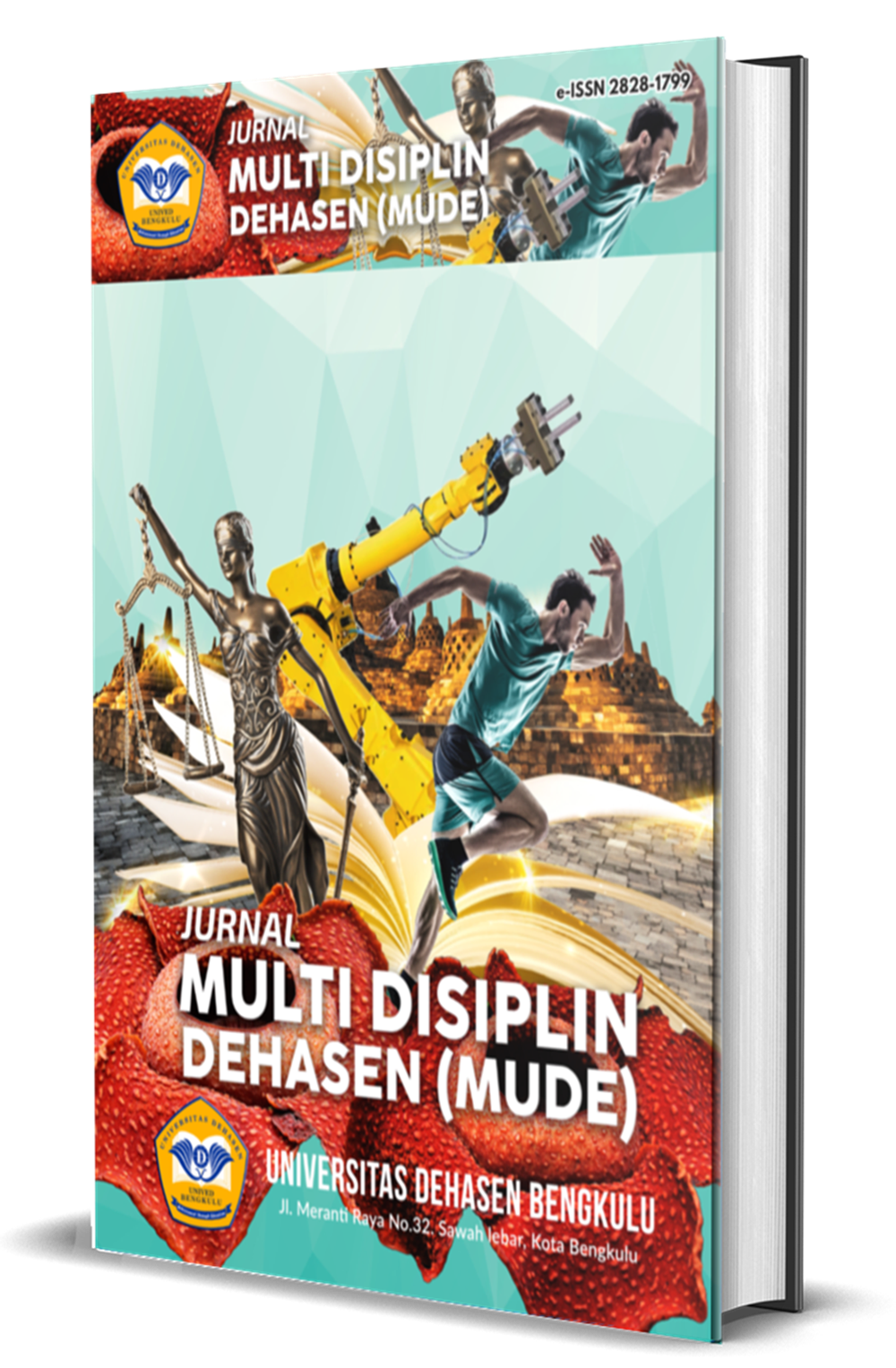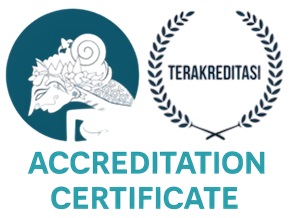Pola Gerakan Intelektual Islam Klasik
Abstract
This study examines the patterns of intellectual movements in Islamic history, spanning from the classical, medieval, modern, to postmodern periods. In the classical era (7th–13th century CE), intellectual activities were holistic and multidisciplinary, producing encyclopedic scholars such as Ibn Sina and Ibn Rushd. During the medieval period, a dichotomy emerged between religious and secular sciences, leading to intellectual stagnation and the decline of dialogue between various branches of knowledge. In the modern era (19th century to present), systematic, critical, and contextual approaches—such as those proposed by Fazlur Rahman—emerged to address the backwardness of Muslim societies in science, politics, and education. The postmodern era saw a transformation towards integrative intellectual movements involving interdisciplinary collaboration and the harmonization of religious and secular knowledge. These movements reflect a contextual, reflective, and cooperative response to global challenges. The study concludes that the evolution of Islamic intellectual movements is strongly influenced by social, political, economic, and external factors. In practice, these patterns often coexist within a single society, as seen in Indonesia, demonstrating the flexibility and complexity of Islamic intellectual dynamics across different historical periods.
Downloads
Copyright (c) 2025 Bustomi Bustomi, Ismail Ismail, Fajri Ismail, Zuhdiyah Zuhdiyah

This work is licensed under a Creative Commons Attribution-ShareAlike 4.0 International License.











